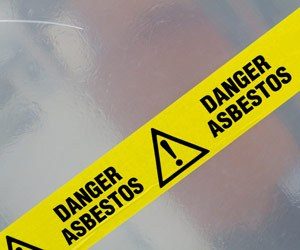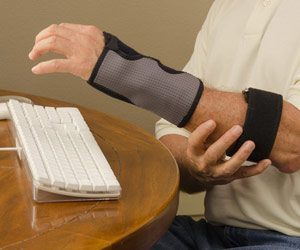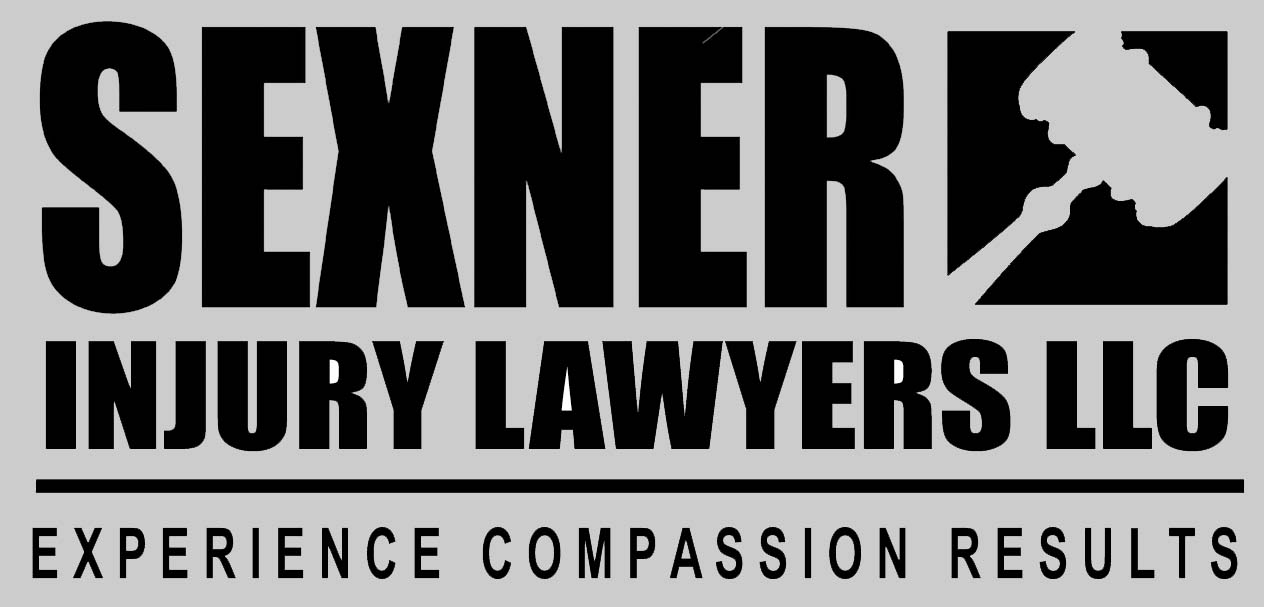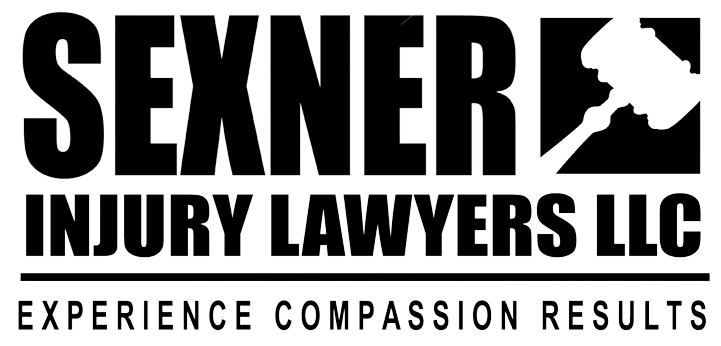Chicago Occupational Disease and Repetitive Trauma Injury Lawyers
 When we think about workers’ compensation claims, we typically picture an employee who, while performing his or her job, suffers an immediate and serious injury. Whether it involves an object falling on him, being injured by a machine, or hurting his spine or muscle while lifting, the injury is immediately apparent. The worker then quickly reports the injury to his employer, hires an attorney, and the workers’ compensation process begins right away.
When we think about workers’ compensation claims, we typically picture an employee who, while performing his or her job, suffers an immediate and serious injury. Whether it involves an object falling on him, being injured by a machine, or hurting his spine or muscle while lifting, the injury is immediately apparent. The worker then quickly reports the injury to his employer, hires an attorney, and the workers’ compensation process begins right away.
But what about work-related injuries that are not immediately apparent, but slowly build over time due to long-term exposure to work conditions, harmful agents, or environmental factors? The Occupational Disease Act of the State of Illinois was created specifically for situations such as these. Just like the Illinois Workers’ Compensation Act, occupational diseases are governed by the Illinois Workers’ Compensation Commission and for the most part, provide very similar benefits. At Sexner Injury Lawyers LLC, we’ve collected millions of dollars for our clients and can be contacted 24 hours a day at (312) 243-9922 for free information.
Common Occupational Diseases
Some occupations have a higher incidence of occupational diseases or illnesses than others due to the specific nature of the employment. For instance, paramedics, firefighters, and EMTs are more likely to get vascular disease, hypertension, or blood-borne illnesses as a result of their work. Construction workers involved in demolition are more likely to get silicosis, mesothelioma, or asbestosis. Some other occupational diseases include:
- Asthma
- COPD (Chronic obstructive pulmonary disease)
- Dermatitis
- Musculoskeletal disorders
- Lung disease and other cancers due to toxic exposure
- Noise-induced hearing damage
- Stress and emotional injury
- Lead poisoning
- Radiation injury
- Repetitive stress injury, such as carpal tunnel syndrome
Does My Disease or Condition Qualify for Workers’ Compensation?
Like any other worker’s comp injury, in order to receive monetary benefits, it must be established that your disease was work related, or in legal terms “arose out of and in the course of employment.” When you’re talking about injuries like a broken bone, a torn rotator cuff, a herniated disk, or a missing limb, it’s usually quite obvious whether the injury was work related. But occupational diseases are a different and more complicated matter entirely.
An occupational disease may occur as a result of exposure to toxic chemicals, substances, dust, heat, fumes, noise, radiation, or other factors in the work environment. As such, the injury is usually not immediately obvious and may take weeks, months, years, or sometimes even decades to appear. To make matters even more complicated, a worker may have been employed by many different companies over the period of time that the occupational disease took hold and may have been exposed to dangerous conditions at all of them.
Because of this, insurance companies (which are always looking for possible ways to avoid full payment of benefits) may see these circumstances as an opportunity to contest the injury. In other circumstances, the employer may have changed equipment or products, or may have added safety devices over time, making it harder to determine if the occupational disease was work related as well.
Experienced Chicago workers’ comp attorneys, however, know how to handle these situations. Subpoenas can be served upon employers to force them to share what they know, including investigative reports, job descriptions, photographs, machine manuals, personnel records, and medical records. Employers and managers can also be forced to testify about work conditions. Further evidence to prove that the disease was work related can be gathered by hiring private investigators or by reviewing previous OSHA (Occupational Safety and Health Administration) investigation reports about work conditions.
Deadlines for Filing an Occupational Disease Claim
Once an employee suspects that he or she has a compensable work-related injury, illness, or disease, he must report that fact to his employer. If notice is not given with the allowed time period, the worker may lose his right to ever make a claim. There are also deadlines, known as “statutes of limitations” that must be met for the actual filing of a claim with the Illinois Workers’ Compensation Commission. If a claim is not filed within that period of time, the injured employee may also lose his right to monetary compensation.
In Chicago and across Illinois, the general statute of limitations is a set period of years from when the injury occurred that a claim may be filed in, although there are exceptions. Meeting this deadline is usually not difficult when dealing with an immediate and obvious injury like a bone break, or when seeking family death benefits in the case of a fatal injury.
But when the injury is an occupational disease that has grown slowly over a long period of time, it’s a much greater concern to get the “Application for Adjustment of Claim” filed within the deadline period. Certain occupational diseases, such as asbestosis or radiation exposure, are allowed a longer period of time for filing. It is extremely important, however, to consult with a knowledgeable workers’ comp attorney as soon as you suspect that there may be a case: a failure to file the claim promptly may lose you the right to ever seek compensation.
Repetitive Trauma Injuries
 Most Illinois workers' compensation claims involve an injury that occurred during a specific event. For instance, a back problem that happened picking up something heavy, an item that fell on someone's head, or a car accident are all single events that may create an injury. But, just as an occupational disease is an injury that slowly occurs over time, there are other types of injuries that may also happen gradually. These are called repetitive stress or trauma disorders.
Most Illinois workers' compensation claims involve an injury that occurred during a specific event. For instance, a back problem that happened picking up something heavy, an item that fell on someone's head, or a car accident are all single events that may create an injury. But, just as an occupational disease is an injury that slowly occurs over time, there are other types of injuries that may also happen gradually. These are called repetitive stress or trauma disorders.
Think of a factory worker that pulls a machine lever, an assembly line worker who attaches doors to cars, or a warehouse worker that puts boxes on the shelf over and over all day long, every day. There are a great many construction and mechanical jobs that involve repetitive actions such as these, as well. But it's not just those kinds of jobs that lead to repetitive motion disorders (RMD) or repetitive stress disorders (RSD). Regular office workers often are also at risk. Those who type or perform keyboard work, those who drive for a living, and those who answer phones are all involved in repeat movements that over time may cause injury.
Repeated motions such as these can put a strain on the spine, joints, muscles, tendons, and other parts of the human body. Just like your shoes, repeated wear will eventually cause a break-down and require repair. Of course, it's much easier to fix your shoes than your body. If surgery is even an option, it costs a lot of money to heal and a great deal of pain may be involved. For that reason, workers' compensation law allows workers to file a claim with the Illinois Workers' Compensation Commission for monetary benefits and in some cases, vocational rehabilitation.
Some of the most common repetitive stress injuries include:
- Vision and hearing loss
- Rotary cuff injury
- Back and spine injury
- De Quervain's disease
- Elbow, knee, and joint injury
- Carpal Tunnel Syndrome (CTS)
- Cubital Tunnel Syndrome
- Tarsal Tunnel Syndrome
- Herniated and bulging disks
- Tendonitis
- Nerve compression
Speak to One of Our Experienced Lawyers for Free
Americans work hard to support themselves and their families. But we rarely think about what might happen if we were seriously injured at work or end up suffering from an occupational disease. The assumption for most employees is that if an injury has occurred, workers’ compensation insurance will cover the cost of treatment as well as pay a good portion of lost wages. Unfortunately, workers’ comp insurance companies don’t usually “do the right thing” voluntarily and often need a good strong push by an experienced attorney to help the injured worker collect what is due to him or her.
At Sexner Injury Lawyers LLC, our affiliated attorneys have collected millions of dollars on behalf of injured workers and their families. We know the best ways to obtain the monetary compensation that is due to you, so that your family can move past the present and look forward to the future. We will also help you determine your specific deadline for filing, so that you don’t lose your right to file a claim. Call us today for free information at (312) 243-9922. There are never any fees charged unless we are successful on your behalf.

